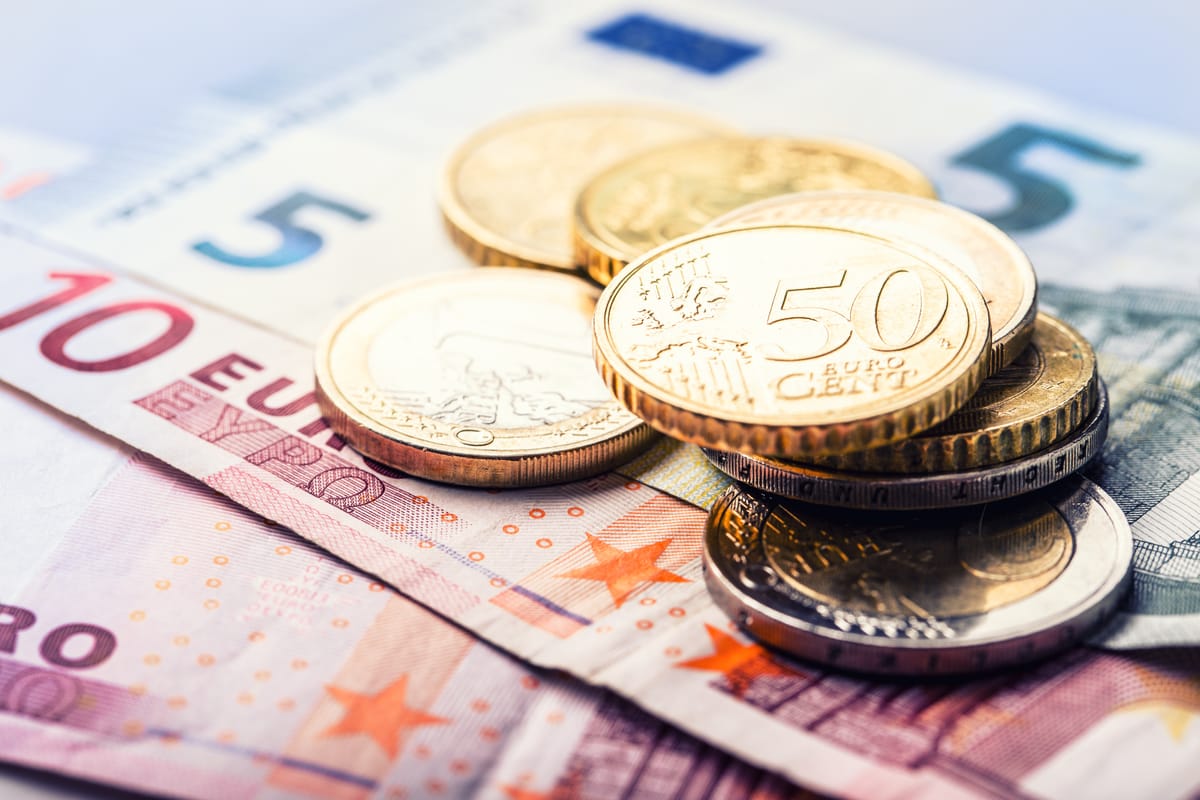GBP/EUR exchange rate week review: pound rebounds versus euro following better-than-expected UK GDP figures
10/02/2025 to 14/02/2025: The pound euro rate overcame mounting interest rate cut speculation after UK GDP figures for the final three months of 2024 beat forecasts.

Monday
The pound euro (GBP/EUR) exchange rate fell below the €1.20 benchmark as investors raised bets on further Bank of England (BoE) interest rate cuts this year.
However, the UK currency shrugged off worries about Donald Trump’s latest trade tariffs, with investors largely disregarding the potential impact on the UK economy.
Meanwhile, the euro was pressured by the economic risks posed by the US President’s protectionist trade policy. European Central Bank (ECB) Vice President Luis de Guindos cautioned that the tariffs could undermine the Eurozone economy and urged against stoking trade tensions with the US.
Tuesday
The pound continued to weaken before jumping above €1.20 and regaining its losses.
Data showing total retail sales across the UK increased by 2.6% year on year in January was offset by BoE policymaker Catherine Mann who said she backed a bigger cut in UK interest rates at the previous policy meeting.
The euro was supported by its negative trading relationship with a softening dollar. However, the single currency’s gains were capped by ongoing worries about the impact of Trump’s trade tariffs on the Eurozone economy.
Wednesday
The pound surrendered its gains from the previous day, falling to around €1.196 as ongoing concerns about the UK’s economic outlook applied downward pressure.
Encouraging growth projections from the National Institute of Economic and Social Research (NIESR) were eclipsed by the broader economic picture.
Souring market sentiment initially supported the safe-haven euro, but its negative correlation with a buoyant dollar limited its gains.
Contact a currency specialist to discover how they can help you take control of exchange rates.
Thursday
The UK currency rose sharply above the €1.20 level following the latest GDP print from the UK, which reported a surprise increase in growth at the end of 2024.
The domestic economy expanded 0.1% in the final three months of last year, rather than contracting 0.1% as forecast, easing recession concerns and dampening BoE interest rate cut bets.
The euro was supported by the prospect of a peace agreement between Ukraine and Russia, before data from the bloc reported that Eurozone industrial production registered a bigger-than-expected decline in December.
Friday
With UK data absent from the economic calendar, euro strength caused the pound to dip below €1.20.
The single currency was still benefitting from peace agreement tailwinds before data showed the Eurozone recorded marginal GDP growth in the fourth quarter of 2024 after forecasts for stagnation.
The pound euro exchange rate ended the week at €1.199.
Looking ahead
After the UK unemployment rate hits the headlines on Tuesday, the CPI for January is in focus the following day, with UK inflation expected to remain stable amid fiscal concerns. This might prompt investors to scale back bets on another BoE rate cut which would support the pound.
